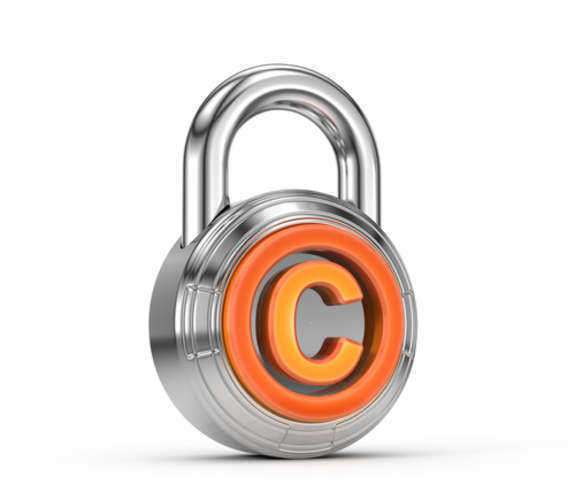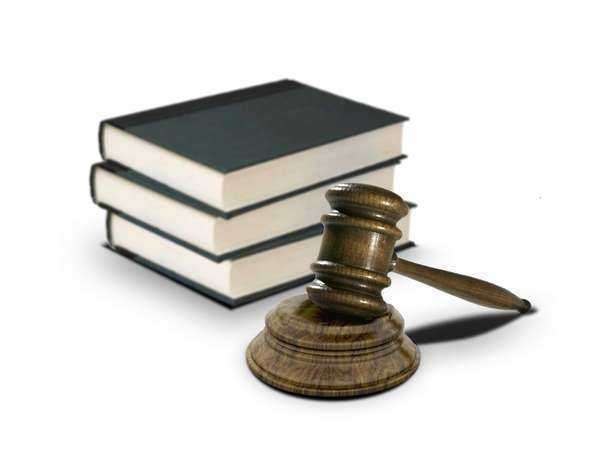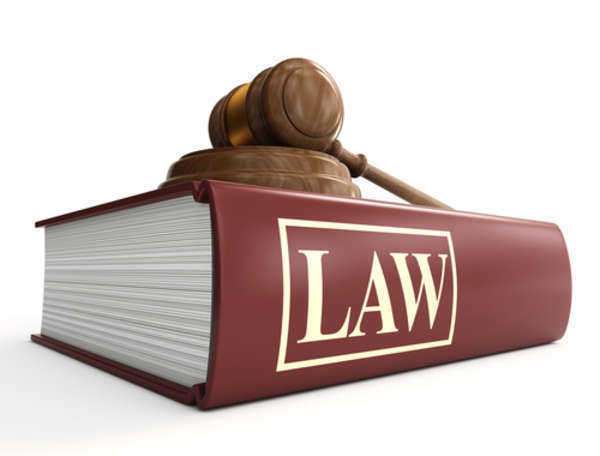Importance of Knowing The Famous Cases of Copyright Law




Irving
Berlin v. E.C. Publications, Inc. (329 F. 2d 541), which took place in 1964,
was one of the many copyright infringement cases which helped shaped
copyright law and parody copyright guidelines. The court case involved Irving
Berlin’s song entitled “A Pretty Girl is Like a Melody”, in which Mad
Magazine, a popular parody magazine, parodied the song and entitled it
“Louella Schwartz Describes Her Malady”. E.C. Publications, Inc., Mad
Magazine’s parent company, was named the defendant in the case.
Mad Magazine, known for its humorous depictions of
pop culture, published a volume called The Worst from Mad No. 4. In it, Mad Magazine had a
feature called “Sing Along with Mad” in which they parodied songs and
printed replacement lyrics to artists’ songs. During the trial, Judge Irving
Kaufman famously stated that, “We doubt that even so eminent a composer as
plaintiff Irving Berlin should be permitted to claim a property interest in
iambic pentameter.” The judge was referring to meters used to establish
the rhythm in which words are arranged on each line of poetry.
The court ruled that the parody song of Irving Berlin’s
work featured in Mad Magazine did not violate parody copyright laws. All other
songs except for two were ruled out at the conclusion of the case. It was found
that two of Mad Magazine’s parodies were too similar to the original songs,
which used the same verbal hooks as the original. Berlin and other music
publishers involved in the case appealed to the U.S. Court of Appeals, though
they refused to withdraw the victory Mad Magazine had in court.
Of all copyright infringement cases, this one is important to
parody copyright law because it paved the way for parodists to use similar
meter structure of popular songs, a right that is still stands today.

The
copyright infringement case of MGM Studios, Inc. v. Grokster, Ltd. was filed in
2003 by MGM, Metro-Goldwyn-Mayer, Inc., a total of 28 other entertainment
companies, against Grokster and Steamcast. Grokster and Steamcast were
Internet companies that offered peer-to-peer file sharing. Peer-to-peer
file sharing, otherwise known as P2P file sharing, is the act of sharing stored
digital information, such as movies, music, documents, and electronic
books. This particular movie copyright suit was filed due to the fact
that a large number of the files that were being shared on these websites were
copyrighted material, some of which belonged to MGM and the other listed
entertainment companies.
In response to the copyright infringement case,
Grokster argued that if the movie copyright suit were to be found in favor of
the plaintiff, this would create the potential grounds for movie copyright
organizations to seek damages in a number of previous acts believed to be
related to peer-to-peer file sharing and copyright infringement. With
this not being the first filed copyright infringement case that Grokster was
named in on behalf of MGM, there was a great deal at stake as to what the final
decision would forecast for future movie copyright regulations.
The
copyright infringement case was originally filed by MGM, along with the 28
entertainment companies, in the United States District Court for the Central
District of California. The copyright infringement case was dismissed in
2003, due to its parallels to the Sony Corp. v. Universal City Studios movie copyright
case, and its final verdict. In the Sony Corp v. Universal City Studios
copyright infringement case, the court had to reach a decision as to the
regulation of the VCR.
Movie
copyright lawmakers had to decide whether or not VCR manufacturers would be responsible
for the actions of consumers that used their product on the basis of potential
copyright infringement. In the copyright infringement case of Sony Corp.
v. Universal City Studios, the final verdict by the Supreme Court of the United
States concluded that the function of VCR recording for individual use executed
a person’s right to fair use.
The copyright infringement case of MGM Studios,
Inc. v. Grokster, Ltd., was then filed by MGM to the United States Court of
Appeals for the Ninth Circuit. This second installment of the movie
copyright case was dismissed on the basis of the notion that P2P file sharing
is a method that is lawfully binding. Nevertheless, it was in 2005 that
the United States Supreme Court made the final ruling on the copyright infringement
case, declaring that Grokster, Ltd. and Steamcast were liable for their
involvement in the P2P file sharing being conducted on their networking
sites.
The basis
for the final Supreme Court ruling in the MGM Studios, Inc. v. Grokster, Ltd.
copyright infringement case was that the court saw the defendants’ actions as a
copyright infringement by specifically promoting such practice and capability
to consumers.